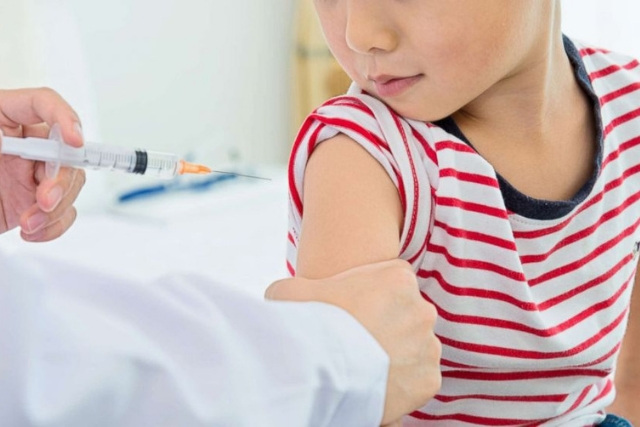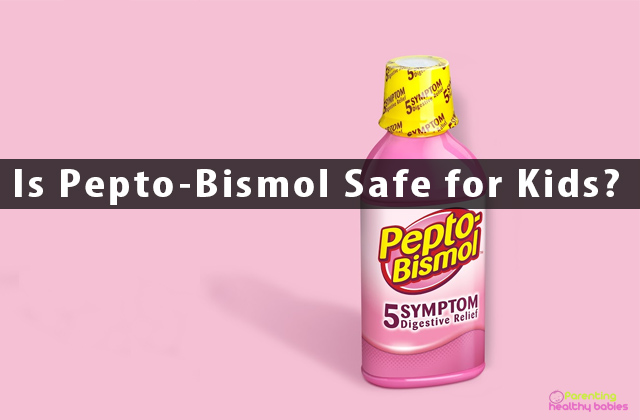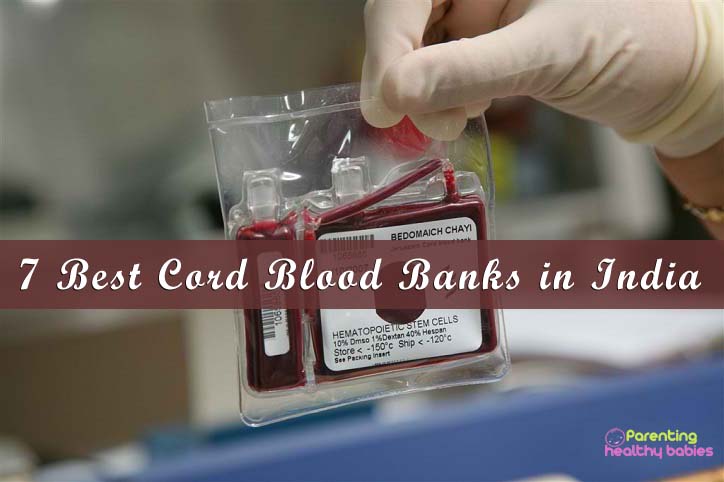A temperature of 38oC (100.4oF) or higher means fever and is usually a sign that the body is fighting an infection. When the body’s defense (immune) system is activated by a bacteria or a virus, many reactions occur is the body and fever is one sign of these reactions. It is not a disease or illness itself but a signal that something is going on in the body. How the kid looks and acts are more important than how high the fever is.
If the kid is prescribed an antibiotic, it is important that they take this medicine so that it kills the harmful bacteria and gets rid of, or prevents the infection. The doctor will work out the amount of medicine that is right for the kid and the dose will be shown on the medicine label. The doctor will also tell how often the kids need to give the medicine.
In this article:
Signs and Symptoms Antibiotic for Fever in Kids
Diagnosis of Antibiotic for Fever in Kids
Treatment for Antibiotic for Fever in Kids
Things You Should Know Before Giving Antibiotic for Fever in Kids
Signs and Symptoms Antibiotic for Fever in Kids
Fevers can go up and down on their own without medication and can make the kid feel uncomfortable.
- When symptoms are mild, the kid may be slightly cranky or have aches and pains. Some kids are less active and sleepier and may not be interested in eating or drinking.
- Some fevers may be associated with shaking (chills or rigors) as the body temperature is changing and it is one way for the body to try to regulate the temperature. It is not a seizure or convulsion and is not associated with changes in the kid’s levels of consciousness.
- Approximately 5% of kids between the ages of six months and six years may have febrile seizures. They are episodes called a seizure or convulsion associated with a fever. The kid should see a doctor after a febrile seizure, but febrile seizures are generally not dangerous.
The type of infection causing the fever usually determines how often the fever recurs and how long the fever lasts in a kid. Fevers due to viruses can last for as little as two to three days and sometimes as long as two weeks. A fever caused by a bacterial infection may continue until the child is treated with an antibiotic.
Diagnosis of Antibiotic for Fever in Kids
Kids often feel warm to the touch when they have a fever. To confirm that the kid has a fever, use a thermometer to measure the kid’s body temperature. A temperature of 38oC (100.4oF) or higher means the kid has a fever.
Measuring the kid’s temperature – do not use a glass thermometer that contains mercury. The most accurate way to measure temperature is with a thermometer. Rectal temperature, oral temperature, axillary temperature, and ear temperature can be recorded in a kid.
If the baby is less than three months old and has a fever consult the doctor immediately.
For babies less than one month of age, fever may be a sign of a serious infection and do not give any fever medication to the baby unless a doctor says so.
Treatment of Antibiotic for Fever in Kids
Medication – use medication to keep the kid comfortable. It may only reduce the fever by 1oC to 2oC
(2oF to 3oF) and may not bring the temperature down to normal. Fever may also cycle up and down on its own, so it is difficult to tell whether a fever is reduced because of medication or because of the natural fever pattern. If the kid is sleeping comfortably, it is not necessary to wake them up to give medications. Two types of medication are usually recommended for managing fever are – acetaminophen (paracetamol) and ibuprofen.
Both drugs are available in tablets, capsules and liquid formulations of various strengths. Acetaminophen is also available as a rectal suppository and doesn’t put a tablet intended for the mouth into a child’s rectum.
The doctor or pharmacist can help to decide on the most appropriate formulation and the dose of the kid. The correct dose for a child is based on body weight. An estimated dose is usually provided on the medication package. Note that acetaminophen and ibuprofen have different doses and different lengths of time between doses.
These drugs can make the kid more comfortable, but they do not treat the underlying cause of the fever. Acetaminophen and ibuprofen do not interact with each other. They may be equally effective in lowering temperature. Keep track of when medication is given and should not routinely alternate between acetaminophen and ibuprofen.
If the kid has a pre-existing medical condition or is already taking other medicines, talk to the kid’s doctor to make sure that acetaminophen or ibuprofen is safe for the kid.
Do not use aspirin to treat kid’s fever as it has been linked to a severe condition called Reye’s syndrome. Do not give aspirin to a kid to manage a fever unless the doctor has specifically told to do so.
Conclusion
A fever indicated that the body is fighting off infection which means that the kid is vulnerable and likely contagious. Wait at least 24 hours after the fever has come down and stabilized without medication and if not consult the doctor for proper diagnosis and treatment.
References
https://www.ncbi.nlm.nih.gov/books/NBK279453/
https://www.aboutkidshealth.ca/fever













